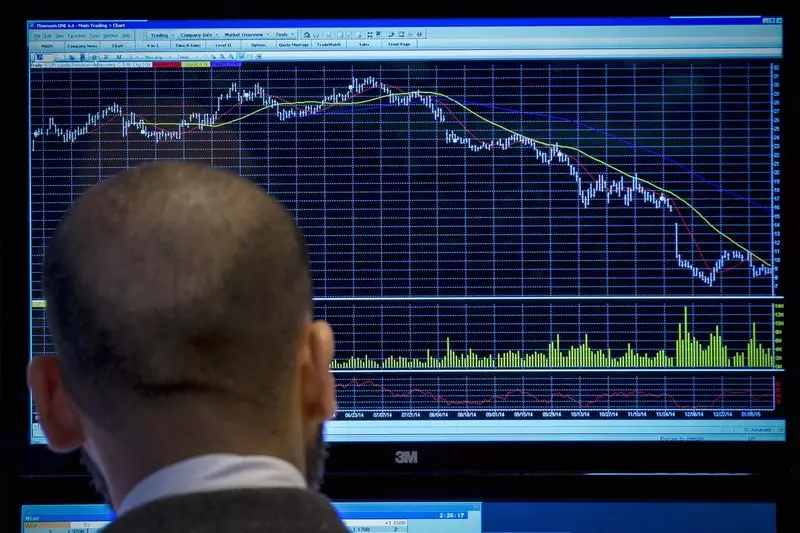The world of cryptocurrency has seen numerous highs and lows, but one standout performer in recent times is Bitcoin. As October 2023 reaches its zenith, Bitcoin has approached unprecedented value levels, particularly fueled by fresh optimism surrounding regulatory changes and market acceptance. While the cryptocurrency space generally wrestles with volatility, several factors have converged to bolster Bitcoin’s position in the financial landscape.
Since its inception over a decade and a half ago, Bitcoin has evolved from obscurity into mainstream dialogue, consistently attracting attention, investment, and an ever-growing community of advocates. As of late 2023, Bitcoin’s current trajectory appears to be a continuation of its 130% appreciation in value within the calendar year alone. This meteoric rise has sparked discussions among economists and investors alike. Shane Oliver, a seasoned economist, concurs that while assigning a precise value to Bitcoin is challenging, the current momentum certainly indicates a bullish future.
The political landscape significantly influences financial markets, and Bitcoin is no exception. Emerging from the electoral success of leaders who champion crypto adaptability, the cryptocurrency is seen by many as a potential winner from pro-crypto economic policies. These policies have laid the groundwork for Bitcoin to secure a position not only as an investment vehicle but also as an integral part of modern financial systems.
Regulatory frameworks have been pivotal in Bitcoin’s rise. The recent announcement regarding regulatory changes under the Trump administration prompted a wave of optimism among investors. The departure of key Securities and Exchange Commission (SEC) figures, such as Chair Gensler, raised expectations for a more crypto-friendly landscape. Gensler’s tenure was marked by a clampdown on exchanges and other crypto operations, signaling a shift towards increased scrutiny. The prospect of a new regulatory approach under Trump, known for his inclination towards technology and innovation, seems to hint at a thawing relationship between the cryptocurrency sector and government oversight.
Moreover, the approval of Bitcoin exchange-traded funds (ETFs) marks a significant milestone. Prior to this shift, the SEC’s hesitance to approve crypto ETFs stemmed from concerns over investor protection. The approval signified a critical juncture in Bitcoin’s market evolution, as it allowed institutional investors to participate and thus, diversified the investor base.
Institutional participation has played a crucial role in Bitcoin’s recent rally. Companies like MicroStrategy have emerged as significant players, openly accumulating large amounts of Bitcoin as part of their corporate strategy. This institutional backing adds a layer of legitimacy to Bitcoin, transitioning it from a predominantly retail-driven market to one that attracts savvy corporate players. With over $4 billion injected into U.S.-listed Bitcoin ETFs since the recent election cycle, confidence among institutional investors reflects a growing acceptance of cryptocurrencies as valid and valuable financial instruments.
Market sentiment is remarkably sensitive to the overall psychological atmosphere surrounding cryptocurrencies. The blend of proactive regulations, large-scale institutional investments, and a general enthusiasm for digital assets has led to a favorable trading environment. Bitcoin’s upward price movements have generated a self-reinforcing cycle, where increasing prices attract further investment and attention, both from institutional and retail investors alike.
As Bitcoin hovers near the $100,000 mark, its current performance represents a coalition of favorable regulatory changes, institutional participation, and an evolving public perception of cryptocurrencies. Observers are cautiously optimistic, but the paramount question remains—will this momentum continue, or will Bitcoin experience another period of significant volatility?
Evidently, the cryptocurrency stands at a crossroads, and Bitcoin’s trajectory will heavily depend on the evolving regulatory framework and market dynamics. The cryptocurrency’s journey thus far reflects a larger narrative about the integration of traditional finance with emerging technologies. As it approaches new heights, the future of Bitcoin holds potential not only for investors but for the entirety of the financial ecosystem.


Leave a Reply